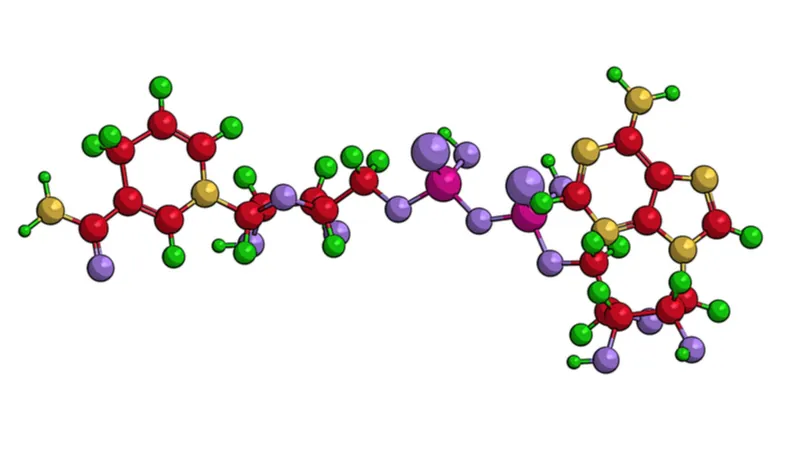The Effects of Niacin on Alzheimer’s in Mice
- Neuronal growth might be tied closely to energy metabolism.

A study published in the Annals of Translational Medicine has shown the effects of niacin supplementation on a mouse model of Alzheimer’s and outlined the genes involved.
Niacin’s known effects
Niacin supplementation has been previously researched in its effects on neurological diseases: we have discussed its effects on Parkinson’s and brain cancer, and the related compound NMN has been shown to improve neurovascular coupling.
While dietary interventions have been examined for their potential in treating or preventing Alzheimer’s, such as the Mediterranean diet [1] and a ketogenic diet [2], niacin was not a prominent factor in that research. The researchers also note that most research related to NAD+ focuses on the salvage pathway of NMN and NR rather than the synthesis pathway of niacin.

Read More
A well-known transgenic model
To test their approach, the researchers employed six wild-type mice, six transgenic Alzheimer’s-prone mice given niacin supplements in drinking water, and six transgenic Alzheimer’s mice in the control group. All of these mice were 8 months old.
After six months of feeding, the mice were tested with the Morris water maze test, which tests the ability of mice to find and stand on a platform in water. While all the Alzheimer’s-prone mice performed similarly on the first day, the ones given niacin learned more quickly, having latency times more akin to those of wild-type mice.
These results matched the effects on gene expression. As expected of an NAD-related intervention, genes involving RNA and mRNA were affected, but many of the most prominent effects were on neuronal growth, development, and density. Signaling pathways were also affected.
One of the most prominent genes affected was Ctnnb1, a gene that is part of the Wnt signaling pathway. Mutations in this gene, and this pathway, are related to degenerative disorders. While the biology is complicated and the hypothesis is not proven, the researchers tie together this pathway and energy metabolism, which NAD+ has strong effects on. They suggest that energy metabolism, along with a reduction in inflammation and a reduction in amyloid beta, are the means by which niacin affects the progression of Alzheimer’s.
Conclusion
This research was done on a transgenic mouse model, as mice do not normally get Alzheimer’s disease. While specific genes were identified, whether this research can translate to humans is unclear. However, if niacin or another approach focused on NAD+ can affect the progression of Alzheimer’s disease, it will be a welcome gift to a community in desperate need of disease-modifying treatments.
Literature
[1] Norwitz, N. G., Saif, N., Ariza, I. E., & Isaacson, R. S. (2021). Precision nutrition for Alzheimer’s prevention in ApoE4 carriers. Nutrients, 13(4), 1362.
[2] Neth, B. J., Mintz, A., Whitlow, C., Jung, Y., Sai, K. S., Register, T. C., … & Craft, S. (2020). Modified ketogenic diet is associated with improved cerebrospinal fluid biomarker profile, cerebral perfusion, and cerebral ketone body uptake in older adults at risk for Alzheimer’s disease: a pilot study. Neurobiology of aging, 86, 54-63.









